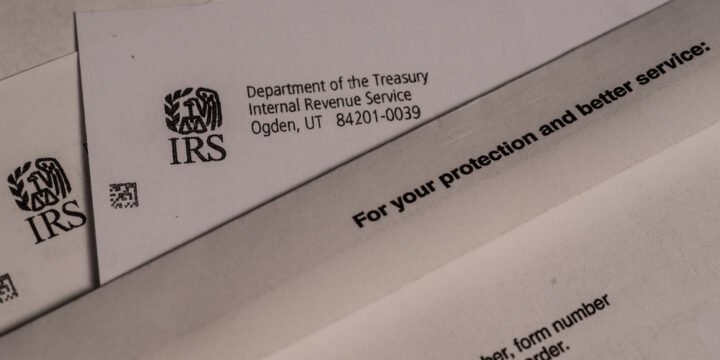
How to Survive a Cryptocurrency IRS Tax Audit
By Anthony Diosdi Cryptocurrency and blockchain technology have grown in popularity and ubiquity in the past few years. Bitcoin and other forms of cryptocurrency have experienced unprecedented growth in recent years, leaving many investors with unexpected large gains. The growth in the cryptocurrency has also caught the attention of the Internal Revenue Service (“IRS”). As a result, the number of IRS audits of cryptocurrency transactions has been on the increase. This article focuses on how cryptocurrency holders can survive an IRS audit. Introduction Cryptocurrency Technology and the Taxation of CryptocurrencyCryptocurrency relies on blockchain technology for record keeping. A blockchain organizes information added to ledgers known as blocks or groups of data. Each block can hold only a certain amount of information. As a result, new blocks are continuously added to…








